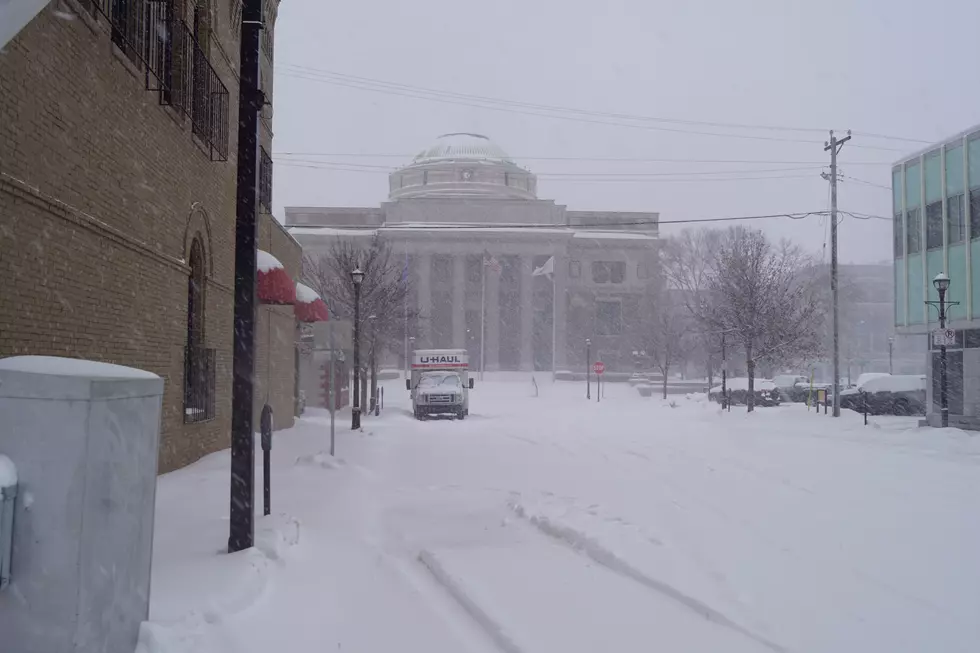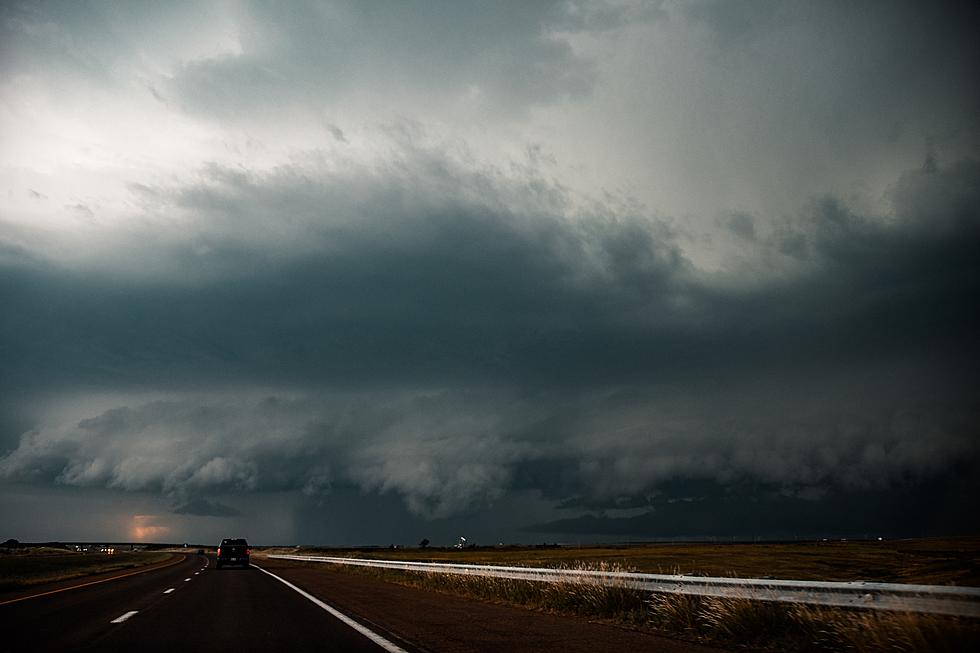
Potential Near Record-Breaking June Heat this Weekend in St. Cloud
The National Weather Service says that record-breaking heat is possible in St. Cloud this weekend (starting today). Monday was our unofficial start to summer, and Tuesday was the start of meteorological summer. Summer doesn't officially start win the calendar until; June 20th.
The Twin Cities office of the National Weather Service adds:
A shift in the pattern is upon us with much hotter weather starting off the first half of June. Several days with highs in the 90s are likely this weekend and early next week.

The average high temperature for June in Saint Cloud is 78. It's also the beginning of the season when we really start feeling increased humidity levels.
High temps for the weekend in Saint Cloud will rocket into the low 90s -- followed by highs in the low 90s and upper 80s for next week.
High Temps for Today
- St. Cloud: 96°
- Little Falls: 96°
- Princeton: 95°
High Temps for Saturday
- St. Cloud: 97°
- Little Falls: 98°
- Princeton: 97°
High Temps for Sunday
- St. Cloud: 93°
- Little Falls: 93°
- Princeton: 95°
High Temps for Monday
- St. Cloud: 90°
- Little Falls: 90°
- Princeton: 90°
High Temps for Tuesday
- St. Cloud: 90°
- Little Falls: 90°
- Princeton: 90°
High Temps for Wednesday
- St. Cloud: 88°
- Little Falls: 89°
- Princeton: 89°
High Temps for Thursday
- St. Cloud: 88°
- Little Falls: 89°
- Princeton: 89°
Last week NOAA (National Oceanic and Atmospheric Administration) released their summer 2021 outlook, calling for a hotter than normal season for Minnesota. So far, it's looking like they're right on the money.
LOOK: The most expensive weather and climate disasters in recent decades
More From 98.1 Minnesota's New Country









